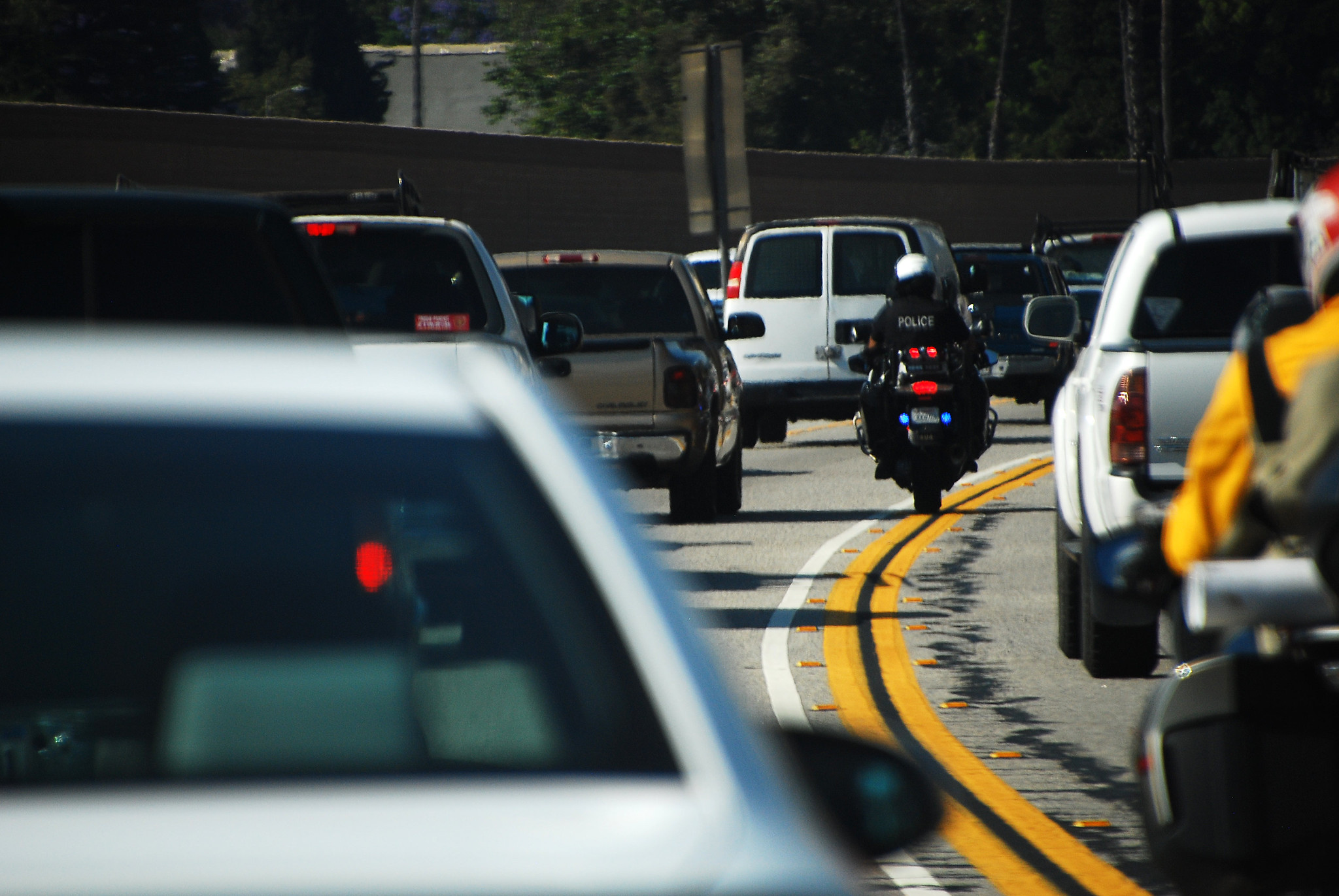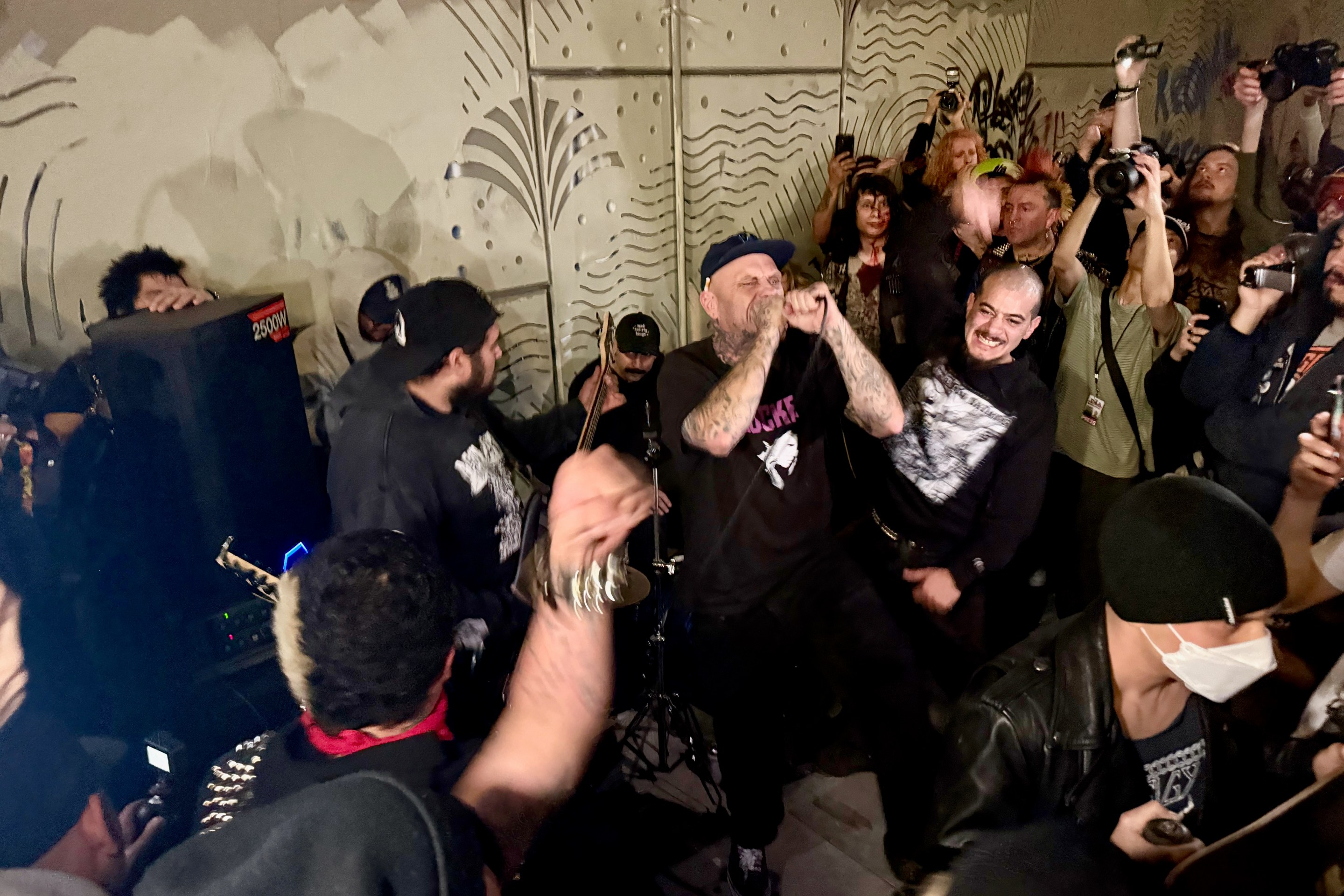If you've ever received a $72 parking ticket for forgetting to move your ride on the street-cleaning day, you already know citations are insanely steep for drivers in California.
That is a primary takeaway of a study conducted by Bay Area think tank SPUR, which finds that the Golden State's fines and fees for traffic and parking violations are among the most expensive in the nation. Collectively, these citations amount to billions of dollars paid out from the pockets of our hard-working, rent-gouged, and high property tax-paying, sales-and-state-tax-addled citizens. But that's far from the only thing the study has found.
Furthermore, the analysis, which looked at 2019 traffic stop data at seven varied locations across the state, found that these fees often hamper the economic progress of and add undue burden to low-income people, who are confronted with detrimentally high fines, and ensuing processing and late fees, resulting from traffic stops.
SPUR similarly broke down who is pulled over in the majority of traffic stops and fined or let go with a warning, as well as why, finding (surprise, surprise) that traffic stops were disproportionately made across race and ethnicity, with Black drivers making up 26% of traffic stops in Los Angeles, despite only comprising 9% of our population. 42% of Black drivers stopped without registration were served tickets, totaling $2,452,903 in fines, enough to buy 1.32 tomahawk cruise missiles.
Perhaps more surprisingly, the data claims that a majority of Black drivers who were stopped were not issued tickets. We'd be willing to put money on that being due to the fact that some of these were bullshit profiling stops in the first place, not requiring a citation, but according to the study, this was the only race or ethnicity for whom this statistic of leniency seemed to apply to.
Latino men, said to comprise 24% of L.A.'s population, were said to have disproportionately made up 35% of all L.A. traffic stops. In total, 49% of Latinx drivers stopped for not having a registration were given tickets, paying out a combined $4,405,048 for this violation alone.
The study offers up a few more interesting findings, such as what suspected violations are used to pull-over drivers by race. Black drivers were pulled over more for displaying license plates incorrectly, while Latinx drivers were pulled over most when not having an up-to-date registration for their vehicles or trailers.
A majority of White drivers were pulled over for speeding offenses, while Asian drivers were pulled over in most cases for using handheld devices while driving.
If there's one thing we can all agree on: paying traffic fines is a bitch, albeit one that obviously falls harder on the heads of low-income and working-class individuals already trying to scrape by in what is being called the third most expensive state to live in today.
Check out Spur's full study below.







